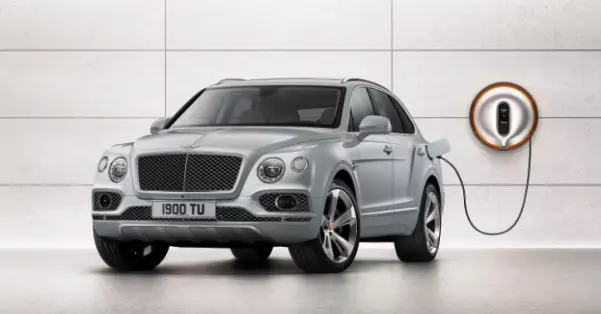Dispelling the Myths Surrounding Electric Vehicles.
Electric cars are slowly going mainstream. Governments are providing incentives, carmakers are introducing new all electric models and the environment enthusiasts are campaigning for these cars this means in few years the universe will go electric.


In recent years, electric vehicles (EVs) have emerged as a promising solution to combat climate change and reduce our dependence on fossil fuels.
However, despite their growing popularity and advancements in technology, EVs still face a barrage of misconceptions and myths that often overshadow their many benefits.
Let's debunk some of the most common myths surrounding electric vehicles:
Myth 1: EVs have a limited range and are only suitable for short trips.
This myth may have been true in the early days of electric vehicles, but significant advancements in battery technology have extended the range of modern EVs.
Many electric cars now offer ranges of over 200 miles on a single charge, with some luxury models surpassing 300 miles. Additionally, the expansion of charging infrastructure means that EV drivers can easily find charging stations for longer journeys.
Myth 2: EVs are too expensive.
While it's true that the upfront cost of some electric vehicles can be higher than their gasoline counterparts, it's essential to consider the total cost of ownership over the vehicle's lifespan.
EVs have lower operating and maintenance costs since they have fewer moving parts and require less frequent servicing.
Additionally, government incentives and tax credits are often available to offset the purchase price of electric vehicles, making them more affordable for consumers.
Myth 3: EVs are not environmentally friendly because they rely on electricity generated from fossil fuels.
While it's true that the environmental impact of an electric vehicle depends on the source of electricity used to charge it, EVs are still significantly cleaner than internal combustion engine vehicles.
As renewable energy sources such as wind and solar power continue to replace fossil fuels in the electricity grid, the carbon footprint of EVs will decrease even further.
Additionally, EVs produce zero tailpipe emissions, improving air quality in urban areas and reducing greenhouse gas emissions.
Myth 4: EV batteries degrade quickly and need frequent replacement.
Battery technology has made significant strides in recent years, leading to longer-lasting and more durable batteries in electric vehicles.
Most EV manufacturers offer warranties on their batteries that guarantee a certain level of performance for a specified number of years or miles.
Additionally, advancements in battery recycling and reuse are making EV batteries more sustainable and reducing their environmental impact.
Myth 5: EVs are not practical for cold climates.
While extreme temperatures can affect the performance of electric vehicle batteries, modern EVs are equipped with thermal management systems to mitigate these effects.
Cold weather may reduce the range of an EV slightly, but it's typically not a significant concern for most drivers. Preheating the cabin while the vehicle is still plugged in can also help conserve battery power in cold weather.
In conclusion, while electric vehicles are not without their challenges, many of the myths surrounding them are based on outdated information or misconceptions.
As technology continues to advance and infrastructure improves, EVs are becoming an increasingly viable and sustainable transportation option for consumers around the world.
By dispelling these myths and embracing the transition to electric mobility, we can accelerate the shift towards a cleaner and greener future.




